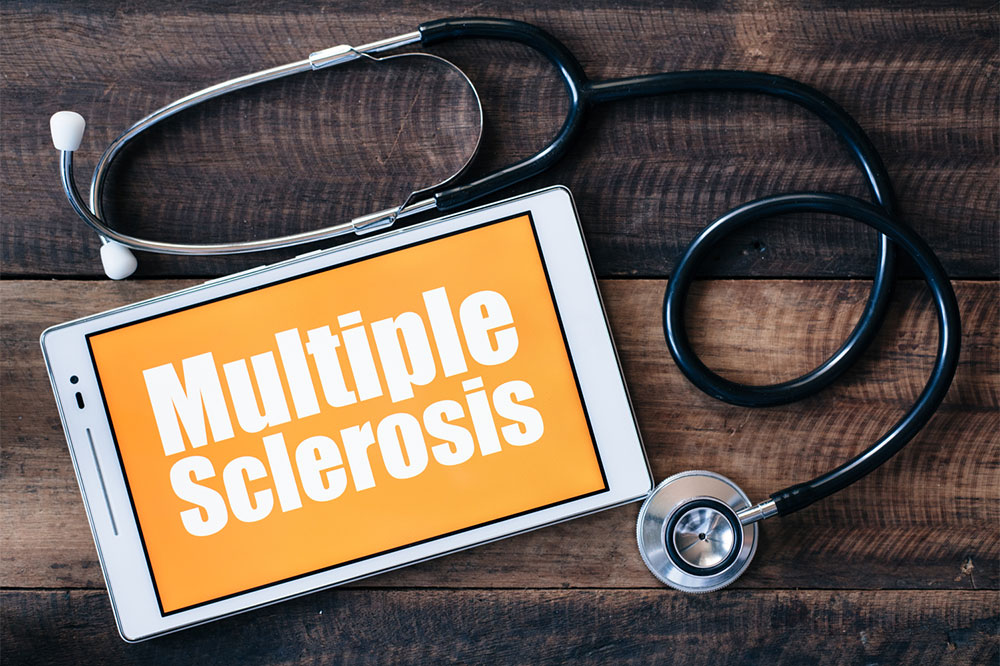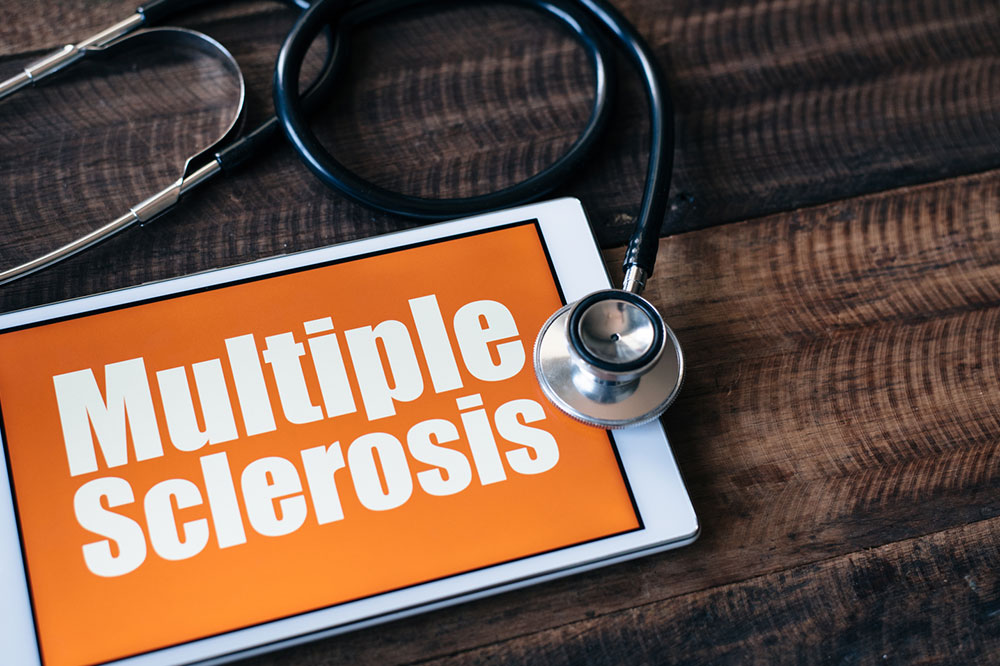Most common symptoms of multiple sclerosis
Multiple Sclerosis (MS) is considered to be an autoimmune disease. Autoimmune diseases are those that are caused by one’s own immune system going hyperactive and attacking one’s own body organs. The exact cause as to why the immune system becomes hyperactive is not known. Multiple sclerosis is one like that the immune system attacks the nerves of the central nerve system and that of the brains. MS exhibits a periodic upheaval and subsidence, the periods being unpredictable.

Each patient suffers in a way that is unique and different from the other . Some get very mild symptoms and the disease do not progress also that the patient needs no treatment. The disease attacks the Myelin sheath, a protective coating around the nerve fiber. The myelin layer, besides offering the nerve protection helps in the conduction of electrical signals from the brain to the muscle. The symptoms depend on the nerve and the position of attack and the extent of damage. In extreme cases the nerve itself gets damaged and breaks.
Listed below are the symptoms of MS:
Problems with bladder operation : Both inability to urination, leading to urine retention and inability to control draining of urine, incontinence are experienced. The incontinence is generally urge incontinence.
Cognition : The normal symptoms seen are difficult in thinking, focusing, abstracts, recovering words etc.
Depression : The c hances of getting depression are 50% greater.
Bowel movement : Generally, it is constipation. Continued constipation leads to stool impaction. If the impaction is quickly resolved it can cause bowel incontinence.
Vision is often affected : Double vision, blurred, even total loss is observed. However, this happens only one eye at a time. Similarly hearing impairment can also can happen.
Fatigue : Fatigue is very common, as much as 90% experience varying degrees of fatigue. Working at office and home can be affected adversely.
Loss of sexual desire : Both genders experience decline in sexual desire. Sexual dysfunction in both genders are also reported.
Spasms : Severe spasm, often very painful. Muscle can be very stiff and difficult to move, spasticity.
Shock sensations : Head movements can give electric shock like sensations. Numbness, weakness, tingling, pin and needles sensations are common.
Tremors : Tremor is another disconcerting symptom.
Emotional changes : The first shock is being diagnosed with such an unpred ictable and devastating disease . The continued destruction of the nerves in the brain brings about emotional changes .
Vertigo: Patients can suffer from dizziness and vertigo.
Balance: Gait is the way one walks. Since muscle coordination is poor due to weakness, the patient suffers balance problems and the walking style suffers.




